Mardi Madness

To trek is to come face-to-face with nature, the mountains, villages, people and their ways of life. There are all sorts of people, good, kindhearted, funny, sad, and crazy and at times a few bad you may encounter while travelling. As Dalai Lama once said “Once a year, go somewhere you’ve never been before”, for me that somewhere is Mardi Himal this time. All the information were at my fingertips, all because of the almighty Google. Mardi Himal Trek is a hidden gem for the trekkers which is opened for all in 2015.
The first case of COVID-19 in Nepal was confirmed on 23 January 2020 when a 31 year old student, who had returned to Kathmandu from Wuhan on 9 January 2020, tested positive for the disease. Lockdowns continued to be implemented in many countries throughout 2020 and 2021. Nepal implemented lockdown effective from 24 March 2020 and ended on 21 July 2020. We heard but never take it seriously during the month of January & February.
Nepal is a safe place to travel alone, but this time my travel buddy was Pawan Chitrakar (Pappu). He is one of my friends who fitted the necessary criteria for this trip and I am glad that he accepted my proposal in a very short span of time.
In the tranquil hours of early February morning in 2020, the essence of serenity enveloped both my household and the Kathmandu Valley itself. Within the confines of my home, all members of my family lay nestled in the embrace of deep sleep, their breathing steady and their minds lost in the realm of dreams. Each individual, perhaps, experiencing their own unique journey within the realm of subconscious, unaware to the waking world unfolding around them.
With utmost care, I treaded softly through the quiet corridors, ensuring not to disrupt the serene balance that filled the air. After completing my morning routines in silence, I gently shut the door behind me, ready to embark on my journey with my backpack in tow. It struck me then that Gautam Buddha, too, must have performed a similar ritual before departing from his home.
Tourist bus was waiting for us to travel from Kathmandu to Pokhara. It took seven hours to reach destination and then took another local bus towards Dhampus. Dhampus is a traditional Gurung Village situated at an altitude of 1650m above the sea level.
The rain poured down in a steady rhythm, the kind of icy winter drizzle that chills you to the bone when you’re high up in the hills. To ward off the biting cold, we huddled together, sipping on Jhaikhatte—a fiery local brew that warmed us from the inside out. The drink, a heady mix of homemade alcohol, melted ghee, and toasted rice grains, sent a pleasant buzz through our veins, loosening laughter and stories as we nibbled on spicy local snacks.
By evening, the comforting aroma of Dal Bhat filled the air—steamed rice, lentil soup, and a medley of sides, a meal so hearty that travelers swear by its round-the-clock energy. “Dal Bhat Power, 24 Hour!” is a popular phrase among the many tourists who visit Nepal each year. The alcohol had left us pleasantly tipsy, our steps a little lighter, our voices a little louder. With full bellies and contented hearts, we retired for the night in Dhampus, the patter of rain lulling us into a deep, satisfied sleep.
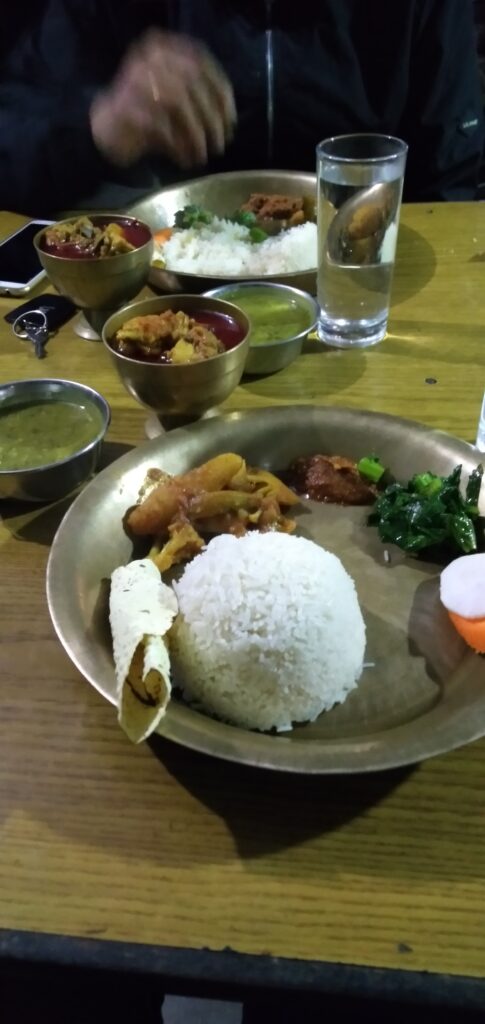
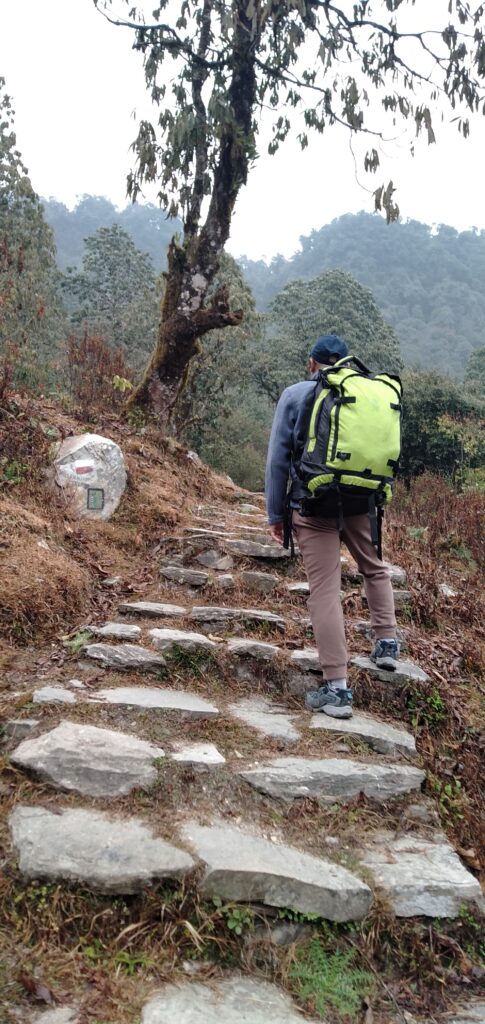
I woke up early in the morning and finished my morning rituals, including shaving my head—bald is beautiful. For the last few years, I’ve been shaving my head myself, every single day. Breakfast was ready, and we enjoyed a local meal in the American style. After eating, we left Dhampus early in the morning.
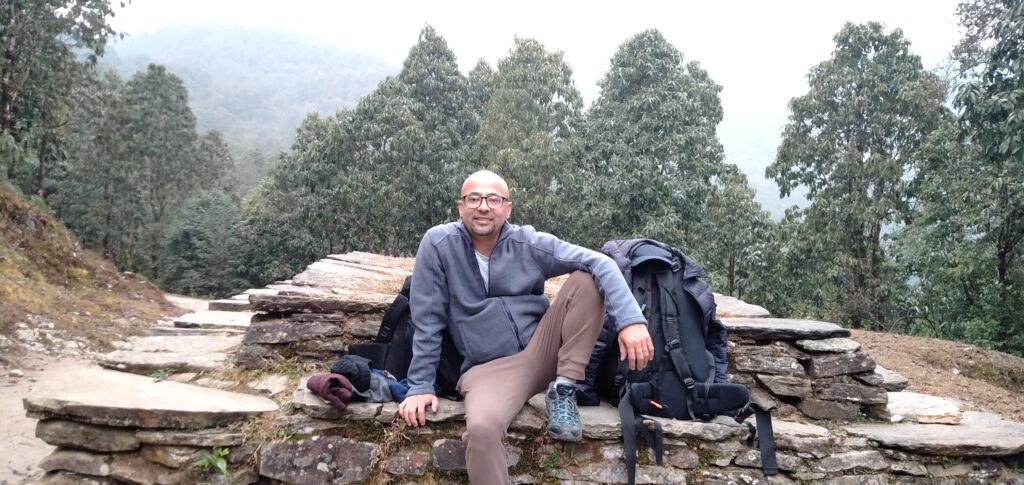
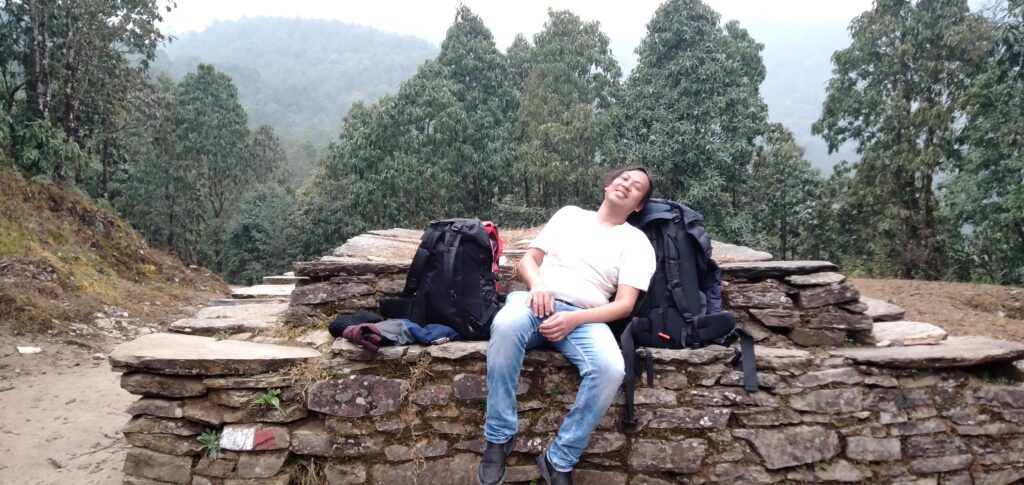
Back in our school days, we were taught never to trust or talk to strangers while traveling. Yet, when you’re far out in the jungle, mountains, or hills, striking up conversations with strangers, sharing stories, offering food from your backpack, or even just asking for directions can strangely boost your stamina and mood. One of the most memorable chats I’ve had was with a Sri Lankan couple—we talked endlessly about cricket. The Sri Lankan cricket team won their first World Cup in 1996, and at that time, I happened to be traveling in Lumbini, the birthplace of Gautam Buddha. We watched the final match in our hotel, and when we checked out, the manager even gave us a hefty discount!
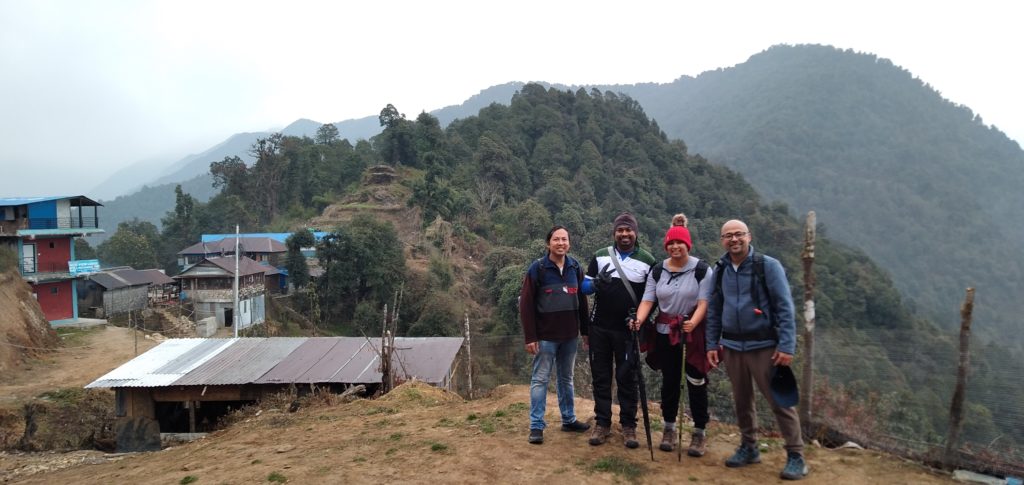
Finally, we reached Deurali after a long trek through Pothana—only for the rain to come crashing down. Unbelievable! With no other option, we took shelter in a small local restaurant, where we warmed ourselves with steaming cups of milk tea. Just as we were settling in, we spotted these plastic locally made raincoats perfect for the journey ahead. Without a second thought (and no time for bargaining!), we grabbed them immediately.
After a brief but much-needed 30-minute break, we braced ourselves for the next challenge—a relentless uphill climb to Forest Camp. The trail was steep, each step more demanding than the last, but we pushed forward, determined. Seven grueling hours later, exhausted but triumphant, we arrived at Forest Camp. By then, hunger gnawed at us, but all we ordered was more milk tea, digging into our backpacks for whatever food we had left.
Originally, we had planned to spend the night here, but something inside us refused to stop. Almost on impulse, we made a bold decision—to push further, to Rest Camp. The path was well-marked, with white and blue arrows guiding us like silent sentinels painted on rocks and trees. Every step was a test of will, but the thrill of the unknown kept us moving.
Shiva Ratri—the sacred night of Lord Shiva’s birth—had arrived, but the heavens celebrated differently. Cold winds howled, and rain lashed down in icy sheets, turning the trails into rivers. This was a night meant for fire, for chanting, for wild celebration… and yet, here we were, drenched and shivering.
We peeled off our soaked clothes, hanging them like defeated flags near the tea house’s crackling stove. The air smelled of damp wool and woodsmoke. Around us, a handful of fellow wanderers had taken refuge—a group of American trekkers with their weathered guide, and a quiet German couple, their faces glowing in the dim light.
“Jhaikhatte and some snacks,” I called out, my voice competing with the drumming rain. The Americans dug into steaming plates of dal bhat, while their guide—a man with knowing eyes and slow, deliberate movements—rolled something between his fingers. Weed.
Pappu, ever the opportunist, snatched a lit stick from the stove and brought the cigarette to life with a mischievous grin. He took a deep drag, held it, and then passed it to me with a nod. My first time.
The smoke hit my lungs like a slow-burning storm, warmth spreading through my veins like liquid gold. For a moment, the cold didn’t exist. The rain didn’t matter. I was weightless. Then—reality rushed back. I thrust the cigarette back at Pappu and bolted outside, my heart pounding like a ritual drum.
Later, laughter replaced the storm. Pappu couldn’t dance to save his life, but that didn’t stop us from belting out The Beatles songs with the German couple, our voices raw but joyful, until the fire died and sleep dragged us under.
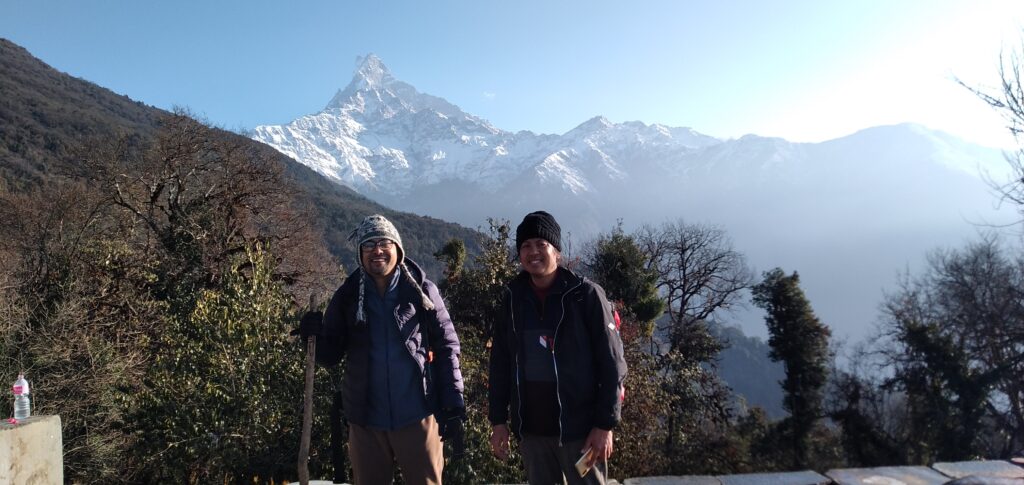
Good morning! The dawn was mesmerizing—golden sunlight spilled over the snow-capped peaks, and for the first time in days, the sky held no rain. After our morning routines, the tea house owner brought us steaming black tea, fluffy omelets, warm Tibetan bread, and a fragrant local curry. A breakfast fit for kings of the trail.
With our backpacks loaded and spirits high, we began the climb toward High Camp, each step carrying us deeper into the Himalayas’ embrace.
The first half of the day led us through a lush, whispering forest, alive with the melodies of hidden birds—their calls echoing like secrets between the trees. But last night’s heavy rain had turned the trail into a slippery gauntlet, every step a careful negotiation with mud and moss.
Then, as we ascended from Rest Camp to Low Camp, the world transformed. The dense forest gave way to open skies, revealing snow-capped peaks that glittered like jagged teeth against the blue. The higher we climbed, the tougher the trail became—now dusted with fresh snowfall, each footprint a struggle.
Of course, photos were non-negotiable—how could we not capture such grandeur? And a steaming cup of tea? Essential. It was our small rebellion against the biting cold.
By afternoon, we’d crossed Badal Danda, the mist swirling around us like ghosts. With daylight fading, we pushed on to High Camp—our final refuge before the big climb.
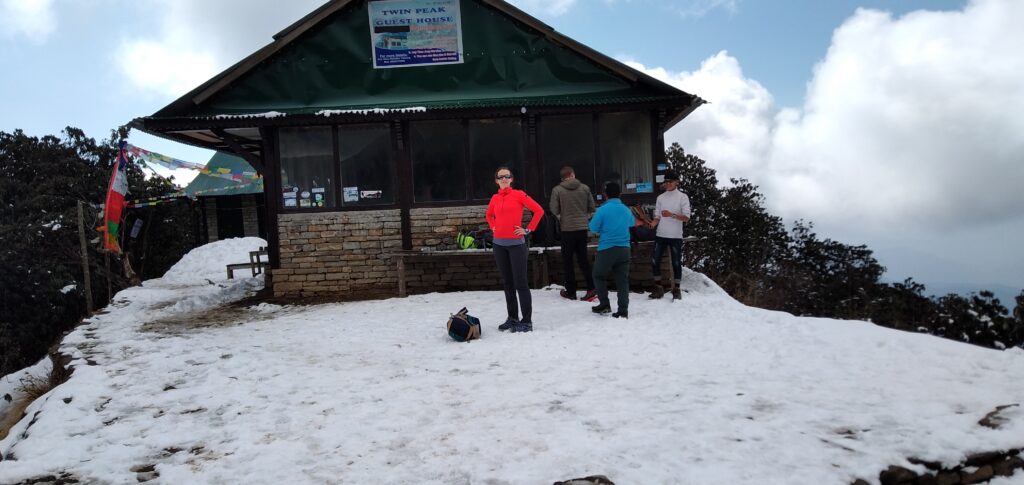
Here, winter ruled. Snow blanketed the roofs, the pipes stood frozen and useless, and the locals—resilient as the mountains themselves—melted snow for tea and food. As night fell, the air grew sharper, but the warmth of shared stories (and that precious tea) made it feel like a sanctuary.
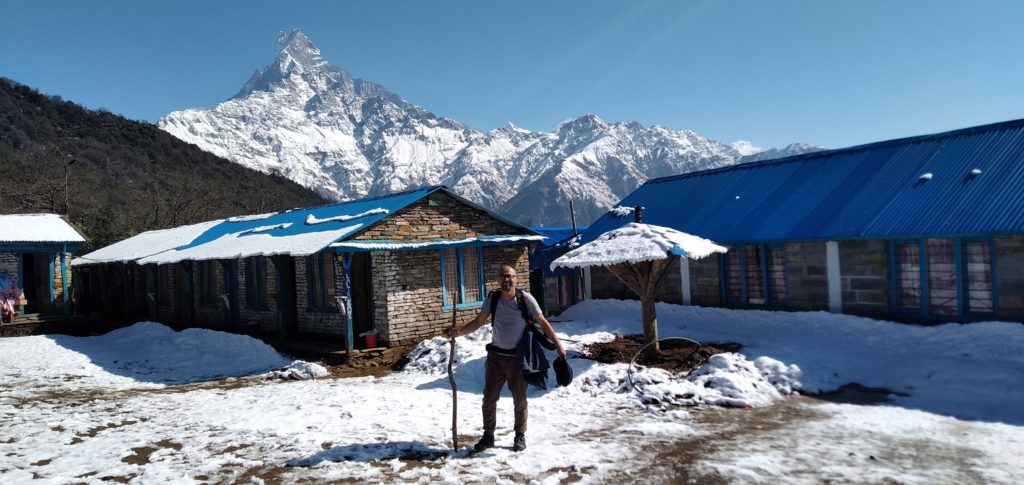
It is hard to describe the pleasure of walking on a snowy trail. An adventurous walk, even Google can’t satisfy. The trail was mostly filled with Nepali and few foreigner trekkers. These long journeys had made my feet and legs painful. We rested in the tea house for 30 minutes and refreshed ourselves. We did not have lunch during our journey so we ordered early dinner. Dal Bhat Power for dinner and early to bed. It seemed that night, High Camp slept with us without having sleeping tablets. Quiet and Silence.

In the icy hush of 4:30 AM, we left High Camp behind, our breath fogging the air as we carved a path through virgin snow toward Mardi Himal’s View Point. Under-equipped but overdetermined, we pushed forward—every step a battle against the cold, every gust of wind a test of willpower.
Then, at 4,300 meters, the world exploded into glory.
Before us, the snow-clad giants—Mardi and Annapurna—stood silent and regal, their peaks glowing under the first kiss of dawn. The sight was so staggering, so humbling, that our aching muscles and frozen toes ceased to exist. For that one perfect moment, we were just eyes and wonder.
Cameras clicked frantically, as if trying to steal a piece of eternity. But how could photos ever capture the way thin air burned our lungs, or how the mountains made us feel both tiny and infinite? Winter trekking is a love letter to extremes—brutal yet beautiful, punishing yet addictive. This wasn’t just a hike; it was a fleeting dance with the sublime, the kind of magic that happens once in a lifetime… if you’re lucky.
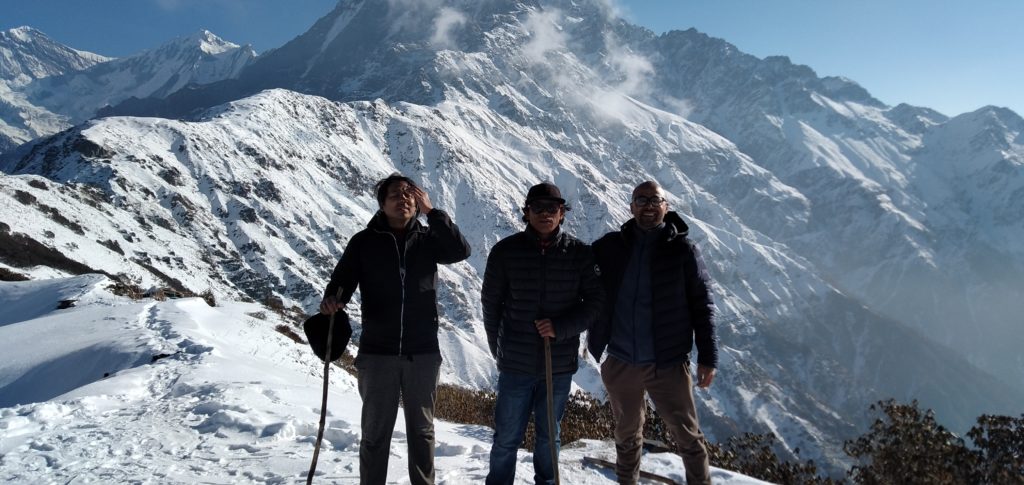
Water—liquid gold in the mountains. Every drop was precious, every sip measured. When the tea house quoted 50 rupees for a small glass of hot water, my throat tightened. This was daylight robbery in thin air. Instead, I splurged on black coffee at 300 rupees, cradling the steaming cup like a sacred offering. Each slow sip was a luxury, the bitter warmth sliding down my throat—overpriced, but worth every rupee for that fleeting comfort.
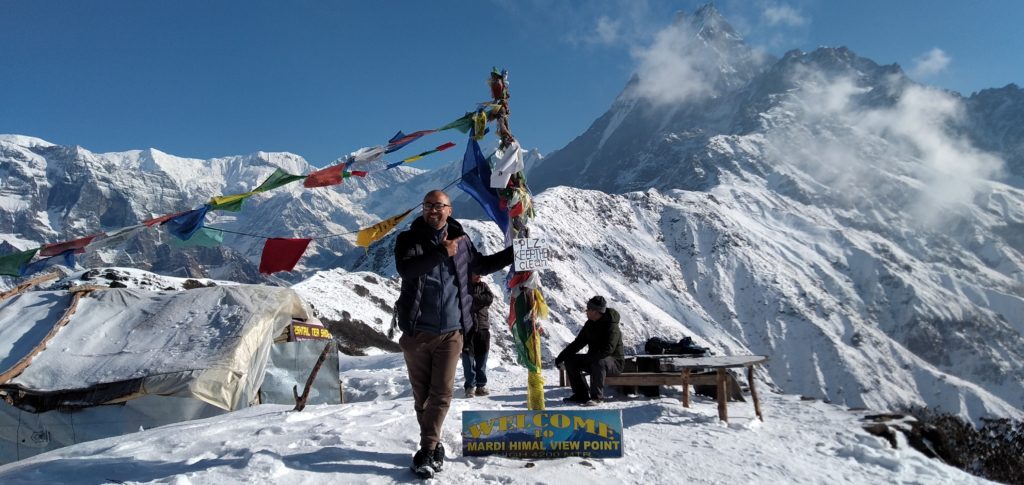
No time to linger. We dragged our exhausted bodies back to High Camp, skipping rest, skipping breaths, fueled only by the promise of breakfast and the distant memory of soft beds. The descent was a blur—slipping on loose rocks, squinting against the sun, legs trembling with every downward step. At Low Camp, we barely paused before veering toward Siding, where a battered Jeep waited to carry us back to Pokhara’s embrace.
As the engine roared to life, I leaned back, watching the Himalayas shrink behind us. The mountains had stripped us raw—tested our limits, emptied our wallets, left us aching and exhilarated. And yet, here was the truth etched into my sunburnt skin: “Travel is never a matter of money, but of courage.”

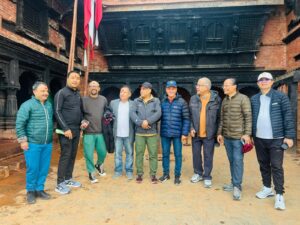
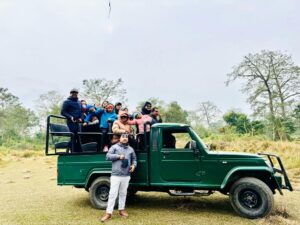

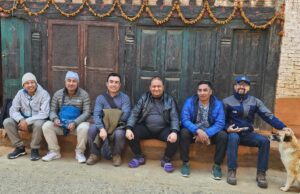
it was a pleasure reading this article, and experiencing the lovely scene of Mardi Himal through the eyes of the writer. And looking forward to see more articles on your travel journey.
Thank you very much for sharing your experiences on Mardi.
The world reveals itself to those who travel on foot
When is the right time to go?
September – November or for Winter explore February till March
In my life (I’ve loved them all)
There are places I’ll remember All my life, though some have changed
Some forever, not for better, some are gone, and some remain.
All these places have their moments together with lovers and friends. I can still recall
Some have passed away, and some are still around In my life, I’ve loved them all.
never been in this place but loved the title of articles